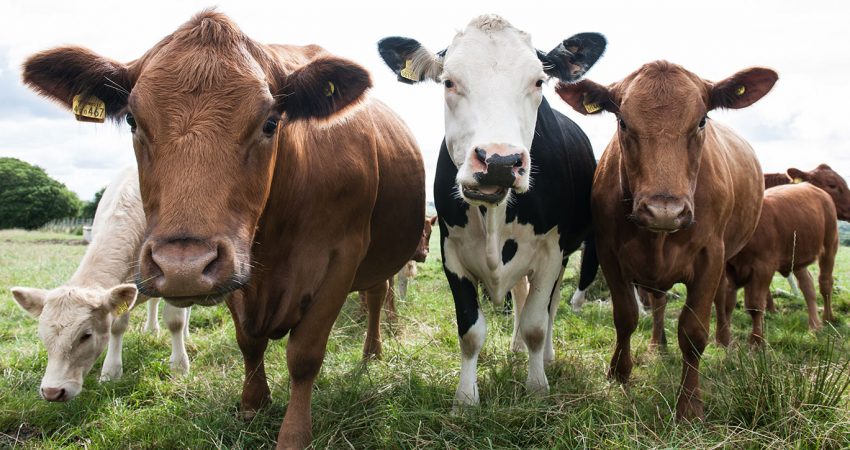
Cell Grazing
Globally, the challenge to the livestock industry is to meetincreased demand for food while reducing net environmental impact. This is no less true in the UK where, post-Brexit, Government policy is focused on squaring the same circle of simultaneously increasing both production and environmental protection. This remains a broad aim,without recommendations as to how to achieve it, which only sharpens the focus on researching possible solutions.
This project could well represent a practical answer.
TechnoGrazing™ is a form of management-intensive cell grazing developed in New Zealand in 1986. It divides pastures into precisely defined lanes and ‘cells’, between which animals are moved every one to twodays. For this research, this model was compared with more traditional ‘set-stocking’, in whichgrazing areas are nearly twice the size and animals spend the whole season grazing them. It was already a matter of peer-reviewed record that TechnoGrazing™ can increase production significantly, and gross margin by over 100%. Reductions in net environmental impact, however, were only anecdotal, hence this project’s aim: to provide a model for sustainable intensification which can be implemented at individual farm level to secure the industry’s viability.
Soil emissions, soil water composition, soil health indicators, pasture productivity and nutritional composition, animal growth rate, meat quality and animal health and welfare were all evaluated and compared. During these three years, field days and workshops were carried out to discuss the experimentwith farmers.
Of course, this period coincided with several challenging factors. 2018’s Spring was late and wet, and there was drought from May to July, conditions which lowered the performance of both grazing programmes. Covid then effectively cancelled allmeetings, workshops and knowledge transfer events, as well as the possibility ofsite visits, in or out.
In spite of this, the project brought together science and industry to define a route for the sustainable intensification of grazing animals. Data and publications arising will help inform policy on the net environmental impact of grazing, especially vital given Brexit, the phasing out of direct payments, and aspirations to move towards‘net-zero’. It is hoped that the project’s initial three-year findings will be consolidated and strengthened, as will the collaborations it has fostered.
To find out more, please email us at sarah.morgan@rothamsted.ac.uk or call us on +44 (0) 1837 512 334.
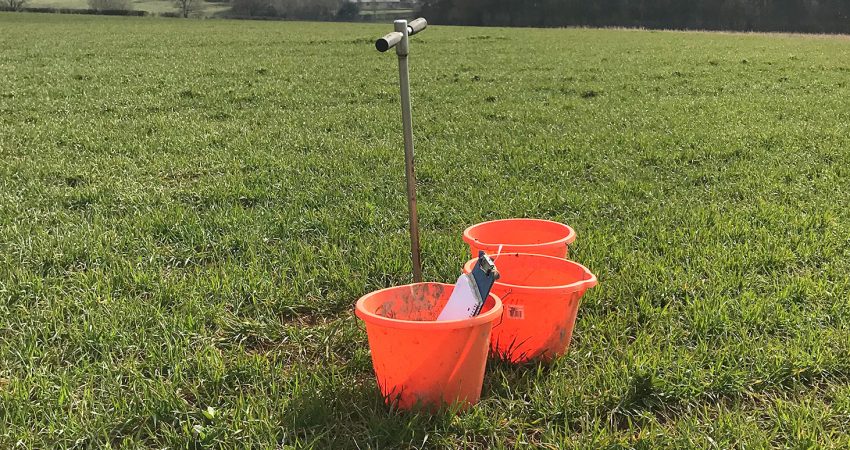
The Soil Carbon Project
The Soil Carbon Project – DC
The importance of soil carbon is growing, as is the possibility that farmers might be paid for environmental goods and services, but reliably and simply measuring it on-farm remains problematic.
This project’s aim was to collaborate with farmers, businesses and growers to improve sampling and best practice with a view to helping soil carbon sequestration play a major role in climate-change mitigation.
Duchy College’s Rural Business School collaborated with Rothamsted Research North Wyke and the University of Plymouth for three years, during which time we visited 85 commercial farms and took soil samples from 436 fields at least once, often more.
The improved understanding of soil sampling and analysis which the project facilitated have led to the creation of a Field and Lab Guide. This will help farmers and businesses to improve their sustainability and, potentially, inform policy relating to agricultural support payments for public goods.
Healthy soil boosts biodiversity and leads to better yields, with fewer inputs used. Environmental Land Management (ELM) tests and trials improve understanding around soil carbon and wider soil health, and our findings improved the ability of field-sampling and laboratory analyses to measure soil carbon reliably.
Our project gave rise to Farm Net Zero which will run from 2021 to 2025 and continue our research, soil sampling on 40 farms in East Cornwall and helping the Cornish agricultural community better understand how soil carbon can help attain net zero.
The research needs of the businesses engaged in the project were met: we refined soil sampling and analysis protocols in a way which helps farmers, advisors, researchers and policy-makers best monitor soil health. The rate of soil carbon sequestration under different management regimes is still open to question, however, thanks to the project’s timeframe not allowing us to evaluate trends in sufficient detail.
However, all the data we accumulated is a significant resource and, with farming’s net zero ambitions in mind, the project’s contribution to raised awareness, as well as this newly-acquired information, both help towards a better way to measure soil carbon as a component of total farm carbon footprint.
To find out more please contact Alex Bebbington on 01579 372370 or email alex.bebbington@duchy.ac.uk
The Soil Carbon Project – RR
Soil health is “crucial to agricultural production, climate change mitigation and adaptation, urban development, and flood risk management. Some of the most productive agricultural land in the country is at risk of becoming unprofitable within a generation due to soil erosion and loss of organic carbon, and the natural environment will be seriously harmed as a result.” (UK Soil Health report, 2016.)
Set against this crisis was the lack of specific, measurable, time-limited plans to increase soil carbon. This project’s aim was therefore to research and evaluate ways to improve levels of on-farm soil carbon levels. Specifically, we wanted to create a Carbon Toolkit for all interested parties, from farm and environmental consultants to farmers and contract growers; such a toolkit would help them to build soil health and resilience. All farms can improve soil management, build organic matter, and so improve soil carbon levels; our role was to give all farmers the know-how and confidence to try.
The project comprised three main elements, namely:
1 Research a representative sample of farms (bulb- and vegetable-growers, livestock grazers) to understand their soil carbon levels.
2. Assess the variations in soil carbon on farms in Cornwall to work out what affects this variability.
3. Use the sample farms’ data on past and present land-management practices to help understand which ones increases or decrease carbon levels. (And, unprecedentedly, to work out the practical and financial implications.)
This project successfully addressed the research needs of the businesses with whom it engaged. It has resulted in improvements to soil sampling and analysis protocols which will help everyone concerned with soil health to better understand how to monitor it most effectively, and how to incorporate soil health measures into assessments of whole-farm carbon audits.
And although the project’s timeframe did not allow us to fully analyse how different management regimes and soil types affect soil carbon sequestration, we were able to accumulate three years’ data, whose usefulness will be proved by further work in this vital area.
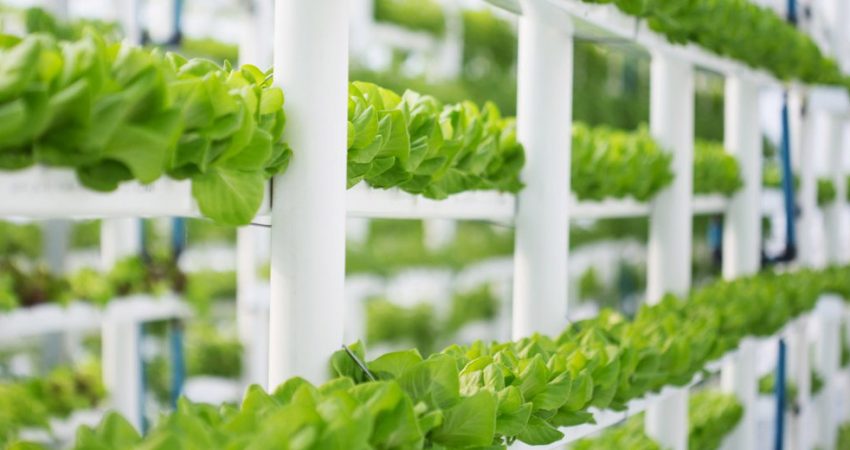
Plant Factory
Climate change is creating increasing uncertainty around the predictability of temperatures, rainfall, wind-speeds, and growing conditions generally. This project’s main objective was to build a multi-tier hydroponic system with Controlled Growing Environment (CGE) conditions, i.e., an environment in which all those uncontrollable factors can be, and are, controlled.
Controlled-environment agriculture (CEA) aims to produce food using technology which maintains the best possible growing conditions as crops develop. This happens within a structure like a greenhouse or building, and hydroponic methods are used to supply the right amounts of water and nutrients to the root zone.
Energy, space, capital and labour are also all optimised by CEA, which employs different techniques for growing different kinds of food, and vertical farming – which can produce crops all year round – is one of the most viable. Existing and previously-abandoned buildings can and frequently do host CEA, helping to meet the growing demand for fresh food products.
The Plant Factory’s twofold remit was, firstly, to help businesses research the light spectrum to promote growth and the quality of chemicals in various plant species, and, secondly, to help businesses understand the potential of CGE conditions and encourage them to establish their own facilities (and the technology to remotely monitor them).
Several Cornwall-based businesses helped us build an advanced plant factory system which facilitated high-level research into both the influence of optimised lighting spectra on crop yield, and pharmaceutical and medicinal plant species under laboratory growth-controlled conditions. This included investigating bio-active compounds derived from a range of pharmaceutical and medicinal plants against clinical benefit in a range of cancer cell line models. Growth conditions were adapted to maximise production of important bioactive compounds; further research is being undertaken at Derriford Research Facility for use as novel therapeutics for cancers and neurological diseases.
The project has also shown several local companies how CGE technology increases productivity and yield, specifically for high-value crops to service the promising Agri-pharmaceutical sector. This emerging area is increasingly linked with ways to boost immune systems, as well as to prevent, treat and minimise the impacts of certain conditions, diseases and viruses.
The project gave rise to published research, saw ex-work experience students start their own company and also featured in several popular press articles and on BBC TV News and local radio.
To find out more please email us at agritech@plymouth.ac.uk or call us on 01752 588341.
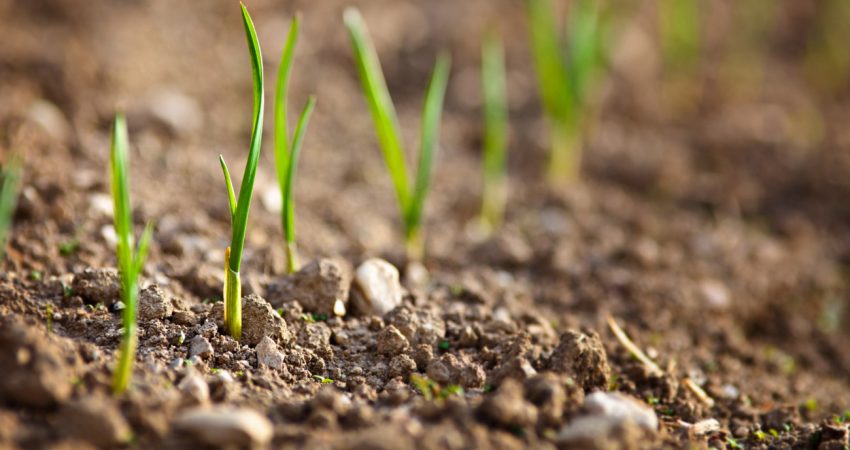
FABSOIL
FABsoil is a collaboration between the University of Plymouth and the Eden Project that will ‘create’ soil and then study its properties and functions. The aim is to make the material from recycled and waste materials, including composted green waste, clay, grit and bark, ensuring it’s stable and fertile, whilst maintaining a reservoir of slow-release nutrients to fuel plant growth, without the high demand for fertiliser application.
Artificial soils have many potential uses, from landscaping and urban restoration to landfill and high-value crop production. It brings the possibility of custom-made soils, of varying characteristics, being designed to order for various purposes across a range of locations and markets. Artificial soil has the added benefit of being free of pests and pathogens and would potentially require relatively little maintenance.
The project, led by Dr Mark Fitzsimons, an organic geochemist in the University’s School of Geography, Earth and Environmental Sciences, will come up with alternate designs, optimising the chemical and biological make-up, then explore the commercial aspects.
The FABsoil project could develop new commercial possibilities for manufacture and analysis in Cornwall and further afield, with those supplying the raw materials, processors, distributors and end-users all involved. It could offer an alternative to natural soils, complementing other soil conservation measures being taken globally.
To find out more please email us at agritech@plymouth.ac.uk or call us on 01752 588341.
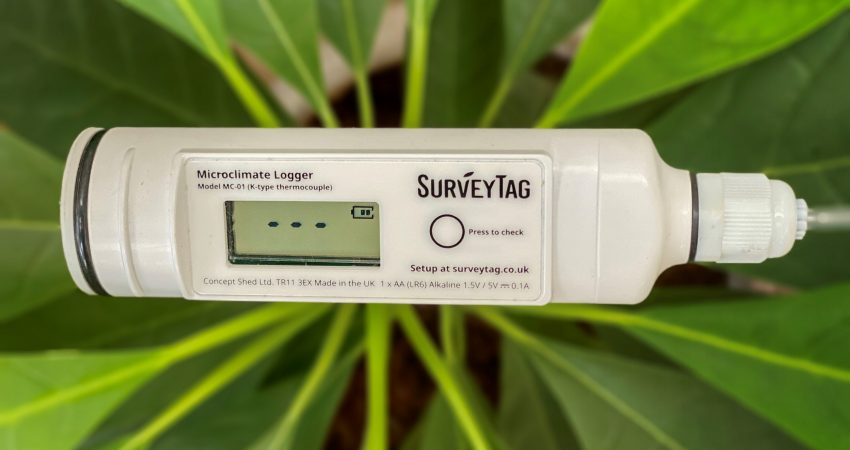
Environmental Sensors
Changes to our climate, globally, inevitably mean changes to environmental conditions locally. This leads to an increased need for accurate but affordable ways to monitor light, nutrient, temperature and moisture conditions, because economically important factors such as pest outbreaks, frost damage and irrigation requirements are directly related to these changed conditions.
The global agricultural sensor market was valued at USD 8.61 billion in 2019 and expected to rise 13.5% annually to 2025. However, products tend either to be prohibitively expensive, or much cheaper but with margins of error so wide as to make them unusable. Hence the aim to develop consumer-grade, relatively inexpensive sensors capable of obtaining measurements with an accuracy of ~5%
During the project we initially looked into seven different kinds of environmental sensor, but narrowed this down to four (temperature and humidity, soil moisture, solar illuminance and wind speed and direction). Attempting more would have been impossible within the project’s timeframe, especially given Covid’s delays. We researched the size of the potential domestic and international market, and worked with two SMEs (Concept Shed Ltd, based in Falmouth, and Torbett Designs Ltd, of Bristol) to build and market a low-cost prototype microclimate temperature sensor (and develop their capability to build the other sensors to order).
This process involved rigorous testing of the prototyped devices against research-grade instrumentation. The sensor we developed differs from existing products as it measures temperatures accurately close to the ground and in direct sunlight. Radiation from the sun, clouds, the ground and other surrounding objects passes through air without appreciably changing its temperature, but thermometers in the open can absorb radiation, affecting their temperature, hence the unreliability of existing low-cost products.
Over and above achieving a new business assist and helping to bring a new product to market, the project has seen the production of 200 temperature loggers as well as provisional promises to purchase 1,000 more, from Finland, Sweden, Belgium and Switzerland, as well as the UK.
The sensor will be commercially available from Jan 2022, and officially launched in March. From May, using capital from initial sales, we anticipate extending the range of products on offer, focusing on sensors developed during the initial prototype-building detailed above.

Speciality Crops
This project aimed to help Cornish businesses and growers to research and evidence the properties of seaweeds and native coastal plants which could be used in skin-care treatments.
Demand among international brands for natural, organic cosmetics and personal care is high, but a lack of research means Cornwall’s rich potential is largely untapped. The county’s advantages – high-value crops and plants, early cropping – have been eroded by advances in growing technology. If native coastal plants can be successfully incorporated into new skincare treatments and agri-pharmaceuticals, Cornish growers could see increases in the value of their crops and in their incomes.
Key to this project was developing ground-breaking technology to design a ‘human skin equivalent platform.’ This replicates skin with huge degrees of reality, yielding insights into tissue and cellular ‘events,’ and into the ageing process, which allows the effectiveness of different materials to be tested.
This expertise was not available in the UK, so we collaborated with a US company to develop the skin printer and stretching device. We used this to test products from a number of Cornish SMEs to develop and screen their products for anti-ageing properties that could be used for UV protection and curing conditions such as dermatitis.
Our research partners at the University of Plymouth (UoP) also worked with the Cornish Seaweed Company to analyse their products’ biological functions on human skin cells and found some are extremely efficient in UV protection. The effects of seaweed extracts on wound healing were also evaluated. Research concluded that some specific Cornish seaweeds do contain compounds as commercially sensitive as they are profitable. UoP also collaborated with B Skincare to test the effect of beeswax on human skin and its effects on UV exposure, wound healing and inflammation.
We intend to help a number of SMEs to capitalise on demand for natural, extracts-based organic cosmetics and personal care. Currently, there is still work to do to establish exactly how these ingredients work, and an urgent need to understand more about – and prove – the biological function of natural, extracts-based products on human skin. Such proof will be essential if Cornish SMEs and growers are to take on the international giants.
For more information please email us at agritech@plymouth.ac.uk or call us on 01752 588341.
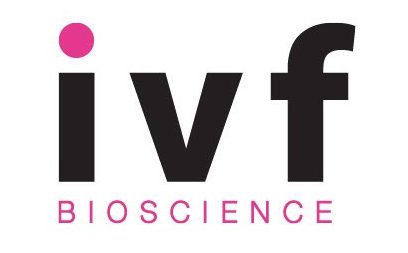
Graduate Support at IVF Bioscience
In partnership with Unlocking Potential, ACP has supported a role with Cornwall firm, IVF Bioscience.
Jake Silcock took up the position of Product Manager at the Falmouth company which develops, manufactures and sells ‘media’ for animal in-vitro production – the complex formula in which embryos are briefly grown outside of the animal during the process.
For Jake, who has an MSc in Reproductive Medicine: Science and Ethics, the opportunity represented a “dream job” with a company that has customers around the world for its cattle, goat, sheep, camel, bison and buffalo products.
It’s part of ACP’s drive to foster the creation of graduate-level employment – we can offer salary subsidies of up to £2,250, support with job advertising, plus professional mentoring from industry experts.
To find out more, please email us at emma.caddis@unlocking-potential.co.uk.

Automated Brassica harvesting in Cornwall
This project will develop robotic systems for automating manual picking operations in the horticultural sector in Cornwall and the Isles of Scilly. The main crops for the project will be cauliflower, broccoli, kale and cabbage which are extensively grown in Cornwall. We want to demonstrate ‘proof-of-concept’ autonomous harvesting robots for horticultural crops that will help drive up productivity in the sector. The project will develop a two-handed robot test rig that will be built, and tested, under field conditions in Cornwall.
For more information please email us at agritech@plymouth.ac.uk or call us on 01752 588341.
